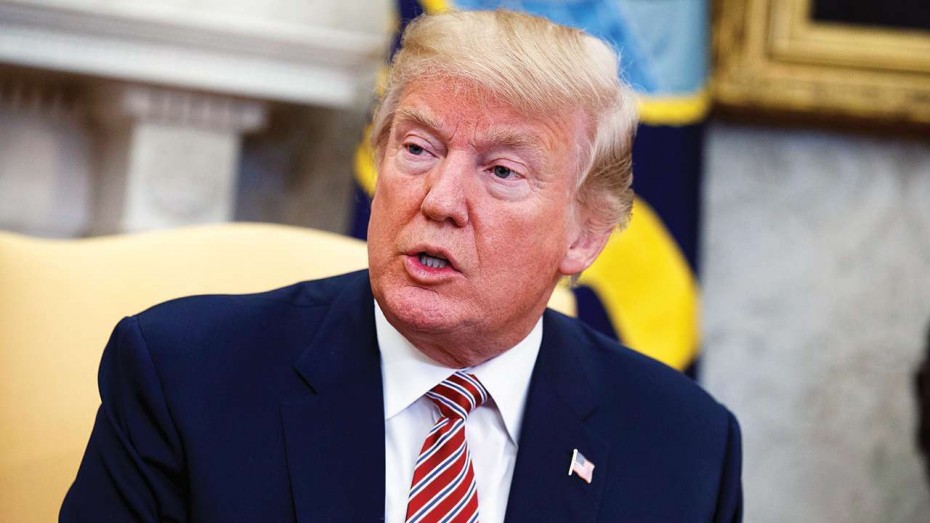President Donald Trump has done it again and with vengeance. After failing to deny victory to President-elect Joe Biden through legal challenges and then instigating vandals, who went berserk at the Capitol on January 6, Trump has now chosen to make life difficult for Biden’s presidency even before he is sworn in. One of the easiest ways to achieve this end is to provoke and antagonise China and damage US-China relations.
Secretary of State Mike Pompeo announced late on January 9 that restrictions on contacts between US officials and their Taiwanese counterparts are being lifted. Taiwan is overjoyed and immediately welcomed the move, while China has charged that the USA is playing with fire during the last few days of the Trump regime.
In a statement Pompeo said the US State Department had imposed the complex internal restrictions on itself in an attempt to appease the Communist regime in Beijing, and he was now lifting them all. The guidelines included restrictions on where representatives could meet and limited the ranks allowed to attend Taiwan’s national day celebrations.
The Communist Party of China (CPC) has never ruled Taiwan, but it considers the island nation a wayward province that must be returned to the fold. According to it, Taiwan government, which treats the island as a sovereign state, is run by separatists.
In Beijing’s eye, the status of Taiwan is the most sensitive issue in the China-US relationship. The US has no formal diplomatic ties with Taiwan, but has, for decades, operated under legislation mandating the US provide Taiwan with support in its resistance to Chinese pressure.
Taiwan’s unofficial embassy in Washington immediately reacted to Pompeo’s announcement by stating that the US move showed the strength and depth of the US relationship with Taiwan. But, the shift in US policy towards Taiwan seems to have less to do with Taiwan and more to antagonise China to make things difficult for Biden. Even if there are some merits in the new policy, the fact that Pompeo did it a mere 11 days before a transition of power and apparently without consulting with his successor makes the whole move suspect.
The inescapable conclusion is that this announcement is purely political and vindictive so as to push Biden into a stand-off with China in his first weeks. Trump has, in the process, used a double edged sword since reversal of the policy will give him the opportunity on the platter to portray the new President as soft on China.
The seeming lack of coordination with the incoming administration and the suddenness of the announcement made in the backdrop of domestic political turmoil have the potential to create a dangerous situation of making Taiwan a partisan issue in the US foreign policy. The US policy towards Taiwan has endured and benefited from consistent support from both sides of the political divide.
That things are going to be messy is clear from the statement of a spokesperson for the Biden transition team that the new President is committed to the 1979 Taiwan Relations Act which defined relations between the two governments.
The US has maintained close ties with Taiwan since the latter split from China after a bloody civil war. But, Washington has avoided major displays of friendship so as not to antagonise China. Chinese President Xi Jinping has articulated his ambition to reunify the island with the mainland, if necessary, through use of force. Under the ‘One China’ policy, the US has unofficial relations with Taiwan and posts unofficial representatives to Taipei. It also provides arms to the island under the terms of the 40-year-old Taiwan Relations Act.
Pompeo’s last minute diplomatic decisions seem like the Trump administration, unable to stomach defeat, has sought to queer the pitch for Biden by putting a spanner in the US’ relatively successful Taiwan policy.
